A Japanese composer, a Burkina Faso story-teller and a Congolese rapper make an opera
- Posted By: Studio
- Entertainment
- Updated: 1 May, 2024 06:52
- 630
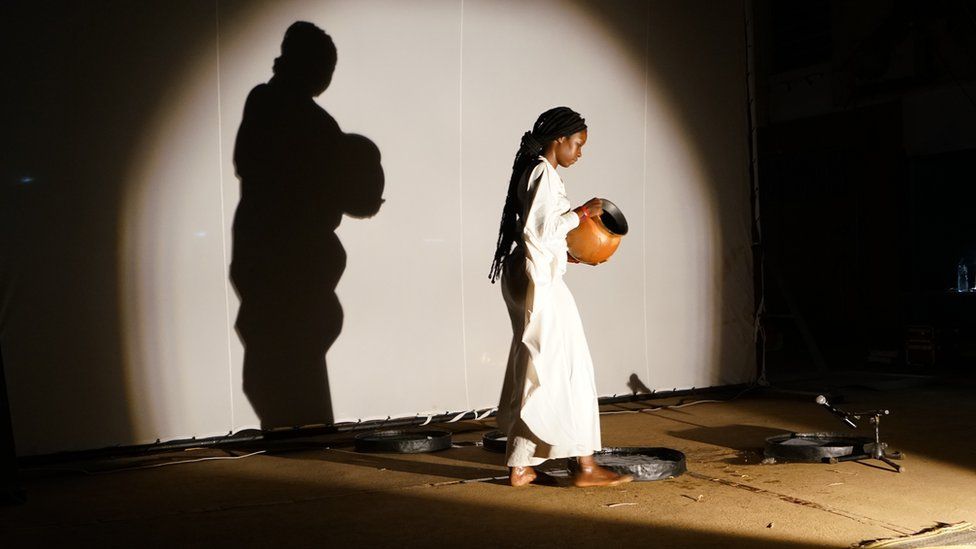
Latifatou Ouédraogo takes to the stage at the premiere at Ouagadougou's Institut Français
A chance meeting in Berlin was the spark for a new opera melding influences from rap, West African traditions and classical music, writes Clair MacDougall in the Burkina Faso capital, Ouagadougou.
Japanese composer Keiko Fujiie balances her electric piano on a wooden bench, places her fingers on the keys and plays the opening theme of her opera.
Then Maboudou Sanou, a Burkinabè griot (traditional story-teller and musician) and Fujiie's main collaborator, echoes the melody in a raw baritone:
"Here or there, it is the same earth, but my heart is elsewhere, each morning I am brought back to my homeland," he sings in French, the official language of Burkina Faso.
Next, Sanou blows into a long, red flute - as other musicians strike the wooden bars of a xylophone (balafon) and brush a bow across a one-stringed violin (roudga).
With the premiere for the opera's first act less than a week away, the group has been rehearsing every day of the past month in the modest concrete house where award-winning classical composer Fujiie lives with Sanou and his family on the outskirts of Ouagadougou.
The opera is called Là-bas ou Ici - meaning "There or Here" - and brings together an unlikely group: Exiled poet and rapper Moyi Mbourangon from Congo-Brazzaville wrote the words, a family of Burkinabè griots interpret the music, and also on board is a French artist-turned-videographer from Berlin.
The story is based on a novel in progress by Mbourangon - rap alias Martial Pa'nucci - charting the letters between a son and his mother, and echoes Mbourangon's own story of exile.
"Here or there, it is the same earth - but my heart is elsewhere, each morning I am brought back to my homeland," reads one line.
He now lives in Ouagadougou, having left Congo-Brazzaville after opposing the president's extended stay in power.
Fujiie hopes to complete the mostly self-funded work in two years and then take it on tour around Africa and Europe.
World-renowned Burkinabè architect Francis Keré is set to build an opera house in his home country, where the Fujiie's ensemble also hopes to stage There or Here.
The production was sparked by a chance meeting between the architect and composer in Berlin, where her adult children are studying music, when she heard that the architect was looking for musicians to collaborate with.
Fujiie then moved to Ouagadougou last year and built a home in which she and Sanou's family could live, and the other musicians - Boureima Sanou and Ibrahim Dembélé - could rehearse without raising the neighbours' ire.
Accustomed to handing out scores to musicians who would rehearse in private and come ready to perform, Fujiie initially found the improvisational style of West Africa's rich musical traditions frustrating.
However, she soon began to see parallels with Japanese musical traditions, such as Gagaku, which is passed down through families and has been played in royal courts and Shinto religious ceremonies.
"When I came here and saw these griot families, I felt a connection," Fujiie tells the BBC.
The three performers Fujiie has worked with - Maboudou Sanou, Boureima Sanou and Ibrahim Dembélé - all hail from the same family in Nouna, a town in western Burkina Faso, and are multi-instrumentalists who sing and dance.
It is an oral tradition passed down through the generations that prioritises improvisation over the reading and memorisation found in the Western classical tradition.
"When you are inspired, you improvise, you make something, and when you listen you are surprised," Sanou tells the BBC.
He says has sometimes struggled to "follow the text step-by-step" in the same way for each and every performance of There or Here.
And while he still values his own rich musical tradition that dates back generations, he believes the "strategic" approach will open doors for collaboration with other musicians around the world.
"Here I have to explain it orally, so it takes a lot of time, but it is also a lot of fun for me because in the process I get inspired by their reactions sometimes," Fujiie says.
"So I change, change, change, and I've almost stopped writing - so everything is in the memory. They freely improvise. If I asked the same things of classical players in Europe they wouldn't [do it] - they don't like it."
Fujiie hopes it will tour local towns like Nouna and challenge the elitism of the artform.
A recent performance saw members of Sanou's community sitting with their children on mats, as masked diplomats and expats looked on from tables and chairs.
Fujiie and Sanou dressed in matching brown and yellow, as dancers and actors wearing black and white moved around a projection screen flooded with vivid colours and images of Burkina Faso.
The opera may still be years from completion, but for the moment Fujiie's greatest joy is hearing the women and children sing along and dance as they rehearse.
"I didn't come to introduce European opera here - to the contrary - I needed to study their music, and little by little share the dream of making an opera with them."

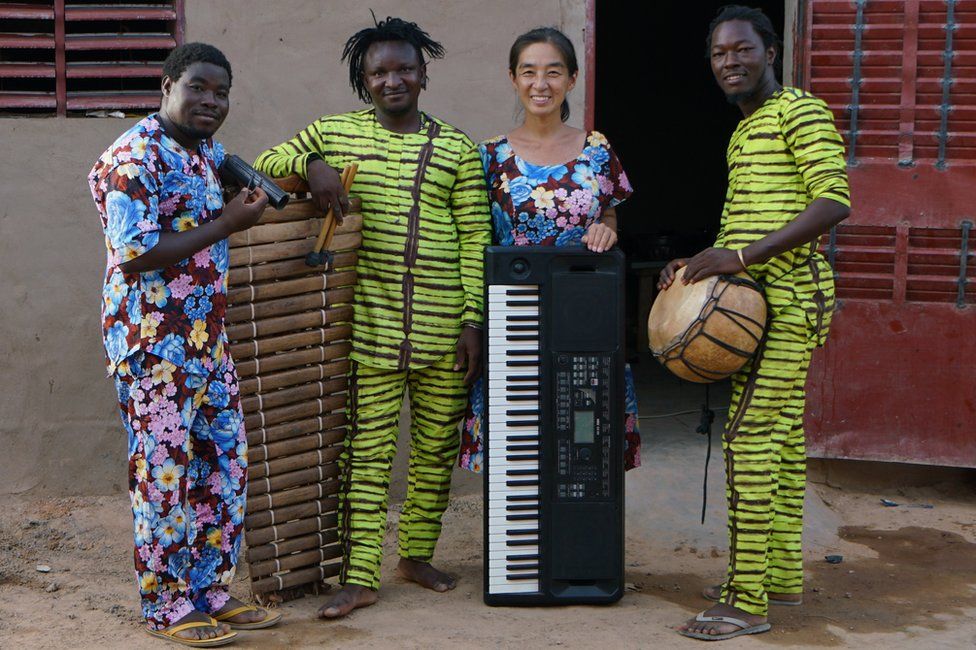
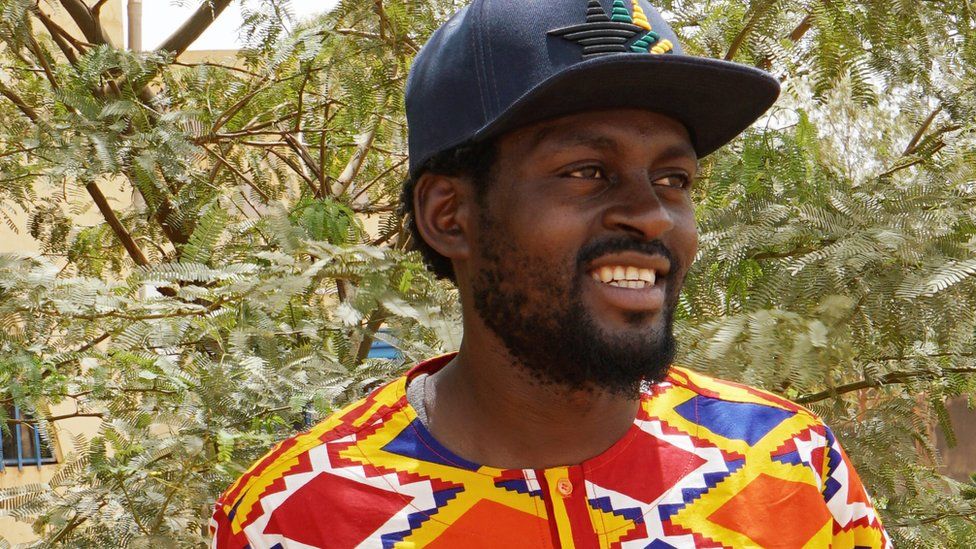
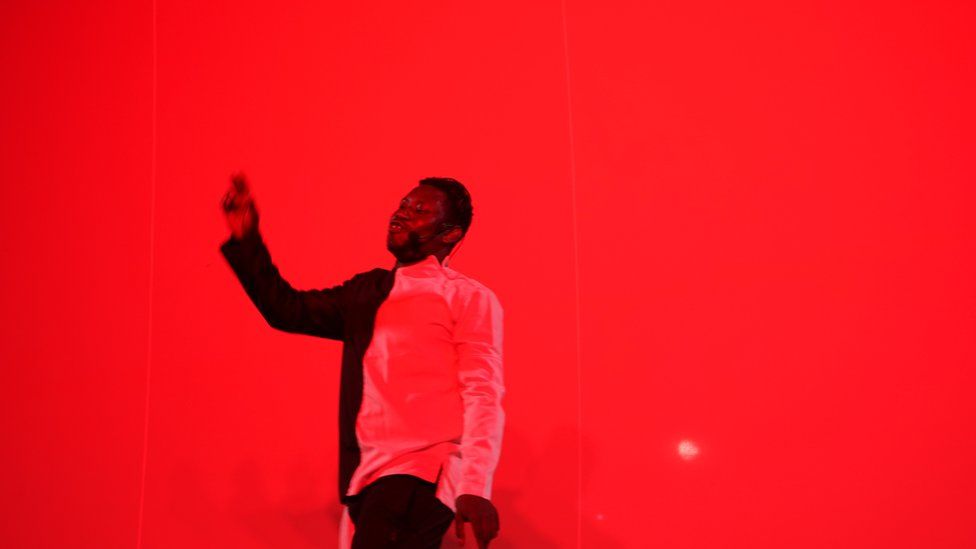
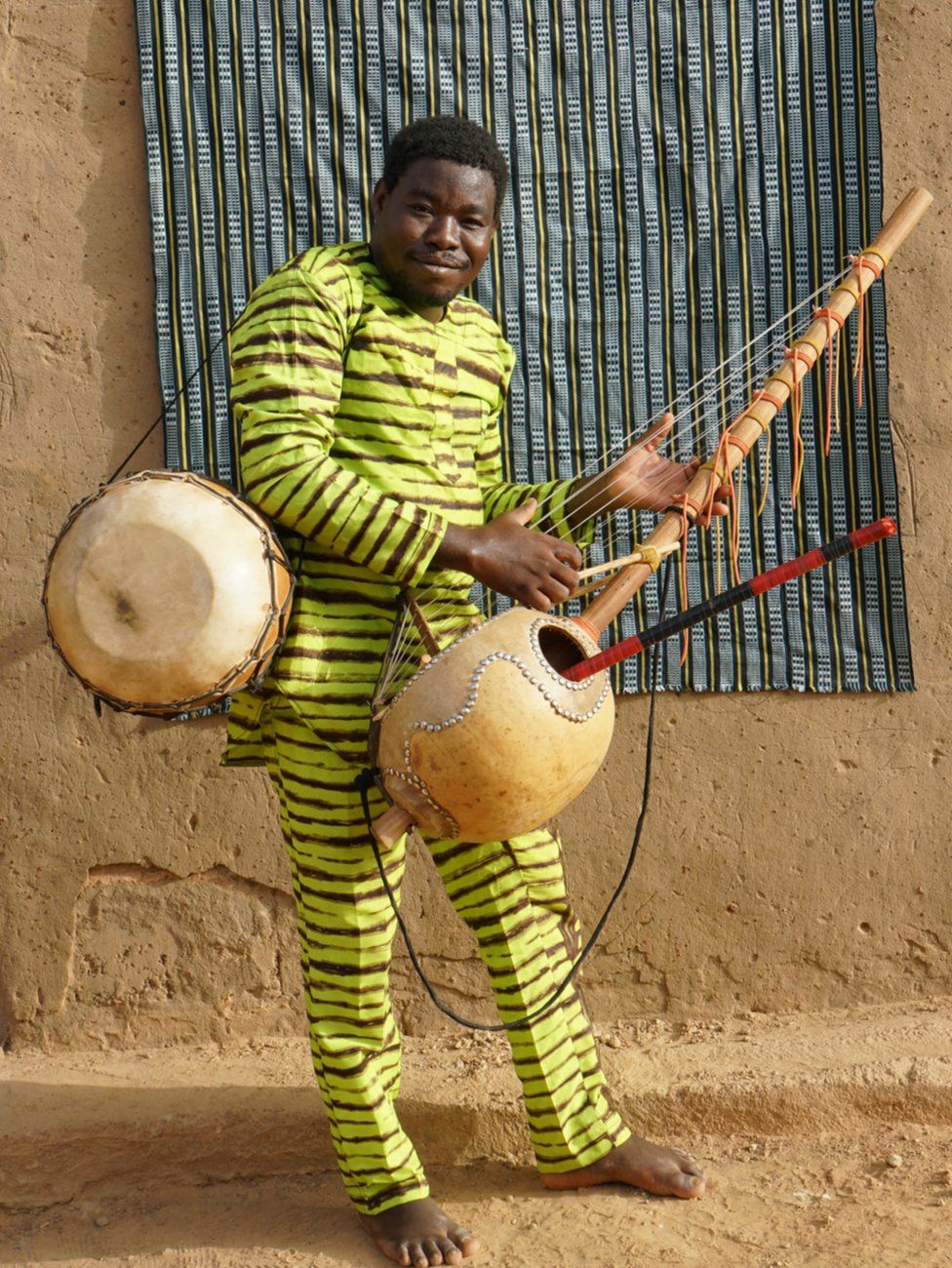

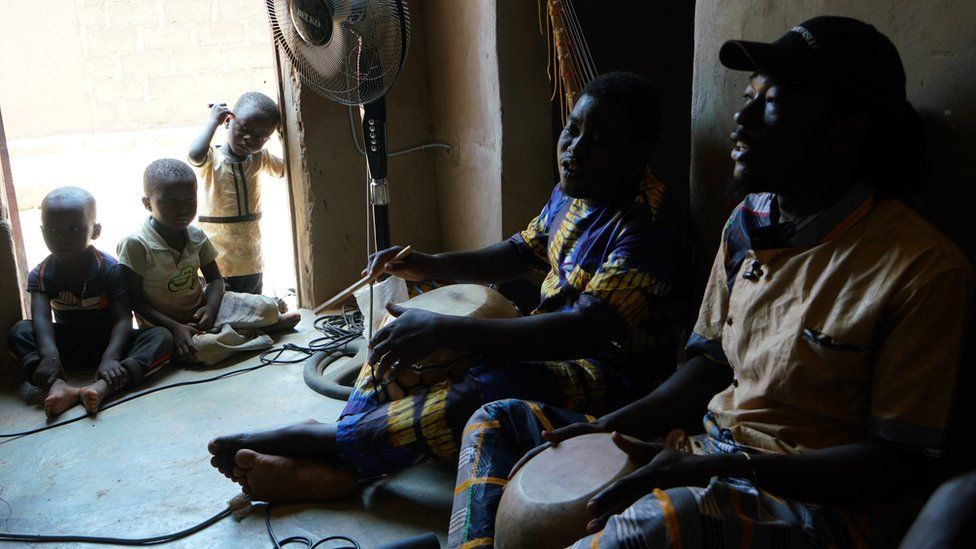
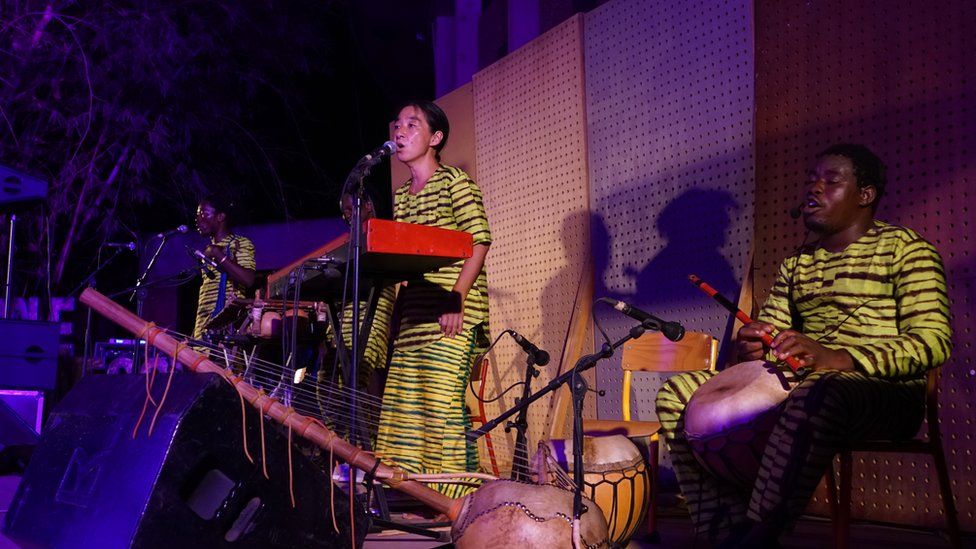
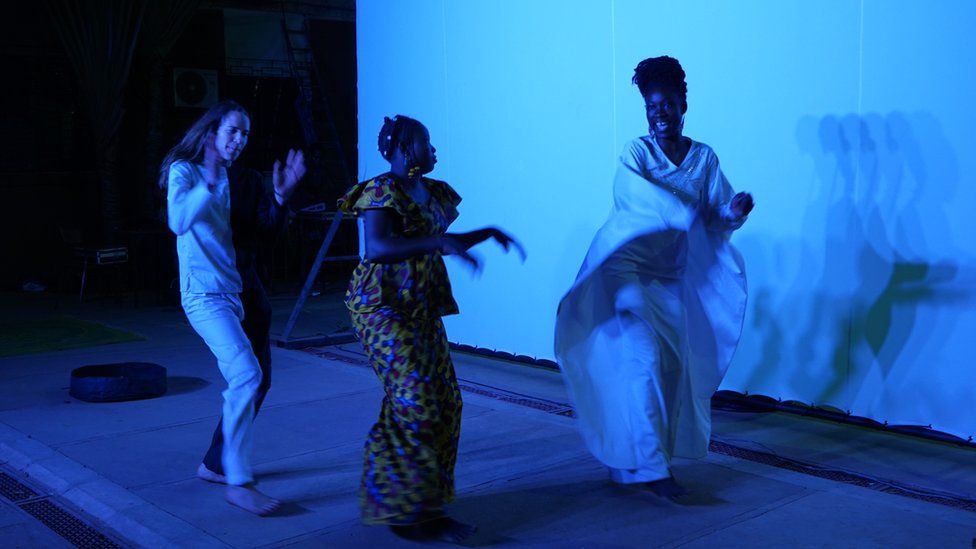

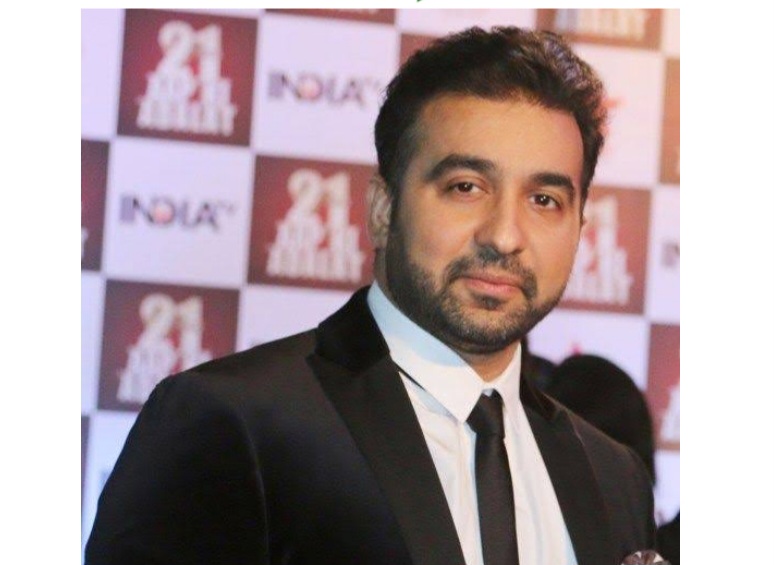
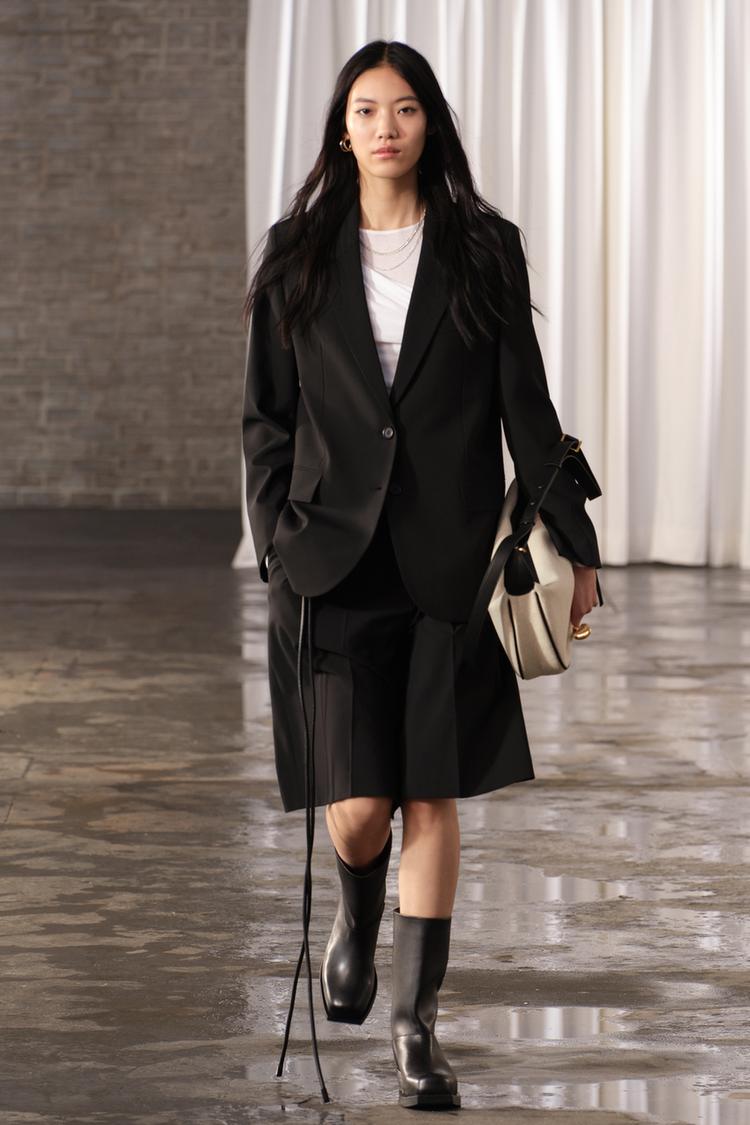






Comments